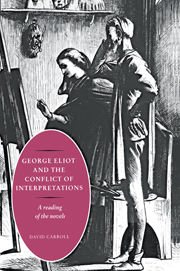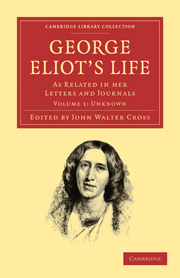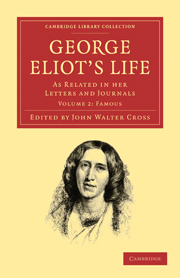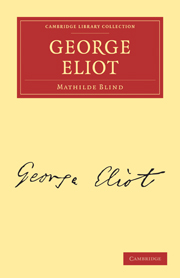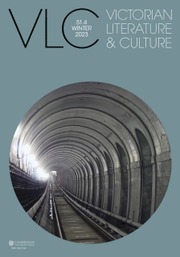Tragedy in the Victorian Novel
How does one dominant literary genre fall into decline, to be superseded by another? The classic instance is the rise of the novel in the nineteenth century, and how it came to embody the tragic vision of life which had previously been the domain of drama. Dr King focuses on three novelists, George Eliot. Thomas Hardy and Henry James. All three, while trying to offer a realistic picture of life in prose narrative, wrote with the concept of tragedy clearly in mind. The concern was widespread, and Victorian literary critics found themselves discussing the problem of how one might reconcile concepts as dissimilar as tragedy and realism. Their criticism provides Dr King with her starting point. Dr King examines the work of her three authors in relation to the large concepts of traditional tragic thought, and also examines how the form of specific novels was affected by their differing ideas of tragedy.
Product details
February 1980Paperback
9780521297448
192 pages
216 × 140 × 11 mm
0.25kg
Available
Table of Contents
- Preface
- Introduction: the critical background
- 1. The tragic philosophy: determinism and free will
- 2. From tragic drama to the tragic novel
- 3. Realism and tragedy
- 4. George Eliot: pathos and tragedy
- 5. Thomas Hardy: tragedy ancient and modern
- 6. Henry James: freedom and form - the tragic dilemma
- Conclusion
- Notes
- Select Bibliography
- Index.


